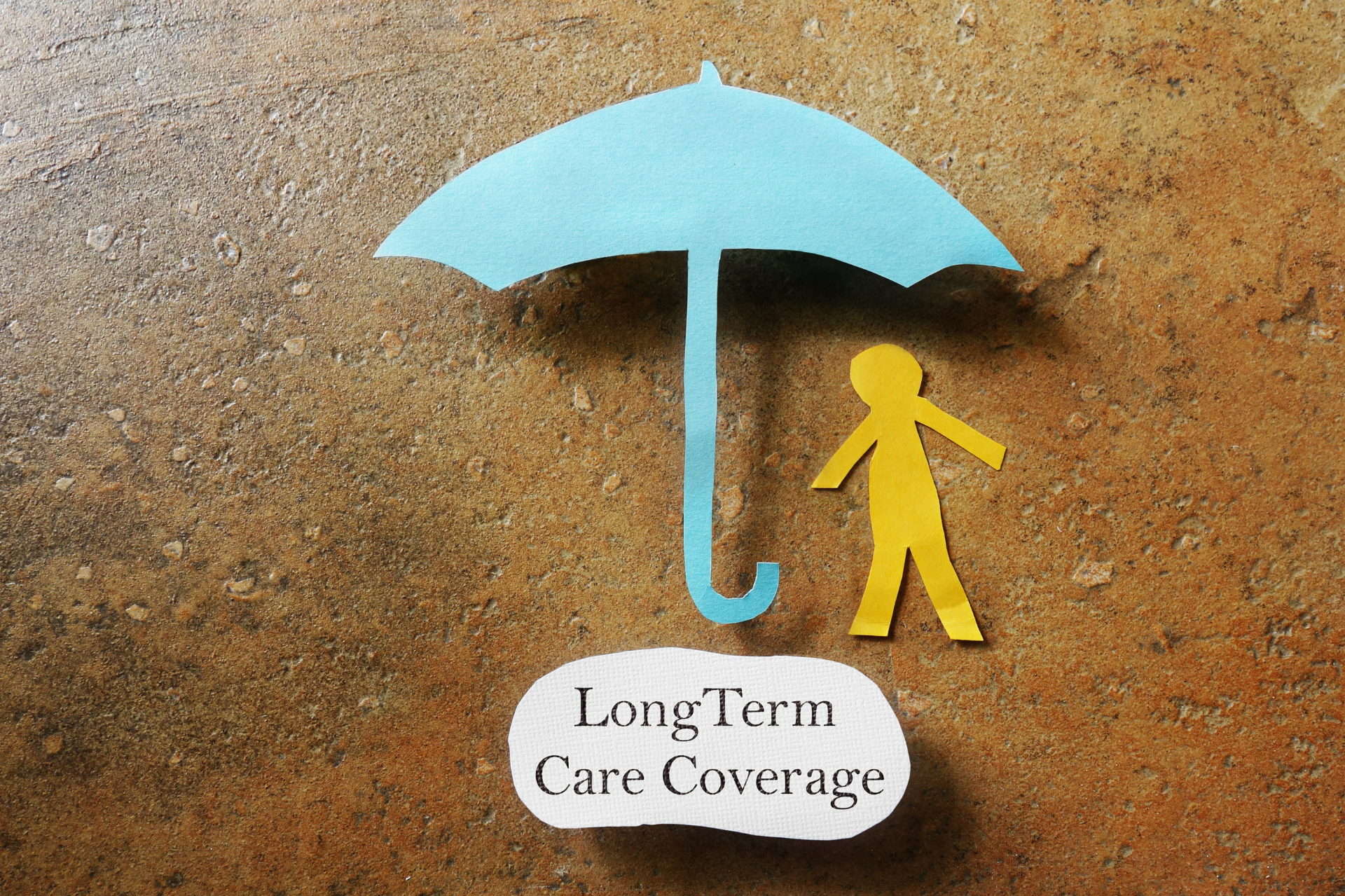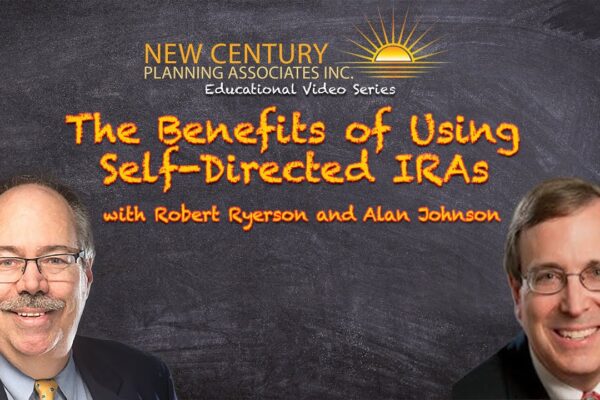Why You Need to Continue Financial Planning after You Retire
When people consider their finances, the most common things they focus on are saving for retirement, maximizing their current finances, saving for major purchases, and paying down debt. But there is an additional area of financial planning that tends to be overlooked: post-retirement financial planning. Many people see retirement planning as a process that ends the day they retire. The common assumption is that once you retire, you don’t have to think about financial planning anymore.
Unfortunately, that is not true in today’s world. People are living longer than ever, which means that you will likely need to save more money before you’re ready to retire. It also means that your finances during retirement will be stretched and tested more than ever and that you’ll have to keep planning for the future well into your retirement. Here are some of the ways that post-retirement financial planning can help you, with a look at what things you should be watching out for in terms of finances.
Unique Financial Challenges after You Retire
 Though many view their retirement as a finish line, it’s also the starting line for post-retirement financial planning. There are several issues you may encounter during retirement, including chronic illness, the death of your spouse, an unexpected need to support your adult children, and plenty of others.
Though many view their retirement as a finish line, it’s also the starting line for post-retirement financial planning. There are several issues you may encounter during retirement, including chronic illness, the death of your spouse, an unexpected need to support your adult children, and plenty of others.
Even though it’s impossible to plan for every scenario, not planning at all is a big mistake. Any of these unexpected expenses could be the one that derails your retirement, making it so you outlive your retirement funds. By working with a professional financial planner with experience in post-retirement planning, you may be better able to achieve the retirement lifestyle you want while maintaining your financial health for decades.
Long-Term Health Concerns
One of the most obvious financial concerns after you retire is the cost of healthcare. Longevity has continued to increase over the years as healthcare has improved, meaning that most people are living well into their 80s today. But though you may be able to enjoy more years with your loved ones, this also means you are more likely to experience serious chronic health conditions, physical disabilities and mobility challenges, or simply the burden of poor health as you grow older. Planning for this possibility can help ensure your finances are not devastated by the expense of long-term healthcare and unexpected medical bills.
 Many retirees who live well into their 80s and 90s find themselves unable to care for their own basic needs and must consider hiring live-in care or moving to a nursing home or similar facility. According to the US Department of Health and Human Services, 70% of 65-year-olds will require some type of long-term care; women typically require care for longer periods of time than men (likely due to their longer lifespans), and 20% of 65-year-olds will require care for more than five years.
Many retirees who live well into their 80s and 90s find themselves unable to care for their own basic needs and must consider hiring live-in care or moving to a nursing home or similar facility. According to the US Department of Health and Human Services, 70% of 65-year-olds will require some type of long-term care; women typically require care for longer periods of time than men (likely due to their longer lifespans), and 20% of 65-year-olds will require care for more than five years.
Unfortunately, the cost of this type of long-term healthcare can be staggering. Genworth conducted a nationwide survey in 2019 that found that the monthly median cost for a home health aide was $4,385 ($52,620 per year); for nursing home care, the average monthly median cost was $8,517 ($102,204 per year).
Given this fact, you may want to consider purchasing long-term care insurance, which provides for certain personal and custodial care expenses in your own home, services that are typically not covered by Medicare plans. Starting this insurance while you are still young may help you save on premiums, but it can still be prohibitively expensive for some people. There are also certain life insurance policies that include riders for chronic illness expense funding (tax-free) that may be more efficient than the traditional long term care policies, which usually do not return any money to you or your loved ones if you die peacefully in your sleep, never having needed to use the policy. The newer life policies will provide your beneficiaries with a full tax-free death benefit if you do not use the policy for long term care needs and expenses.
Effective Health Insurance
 Many retirees assume that Medicare will cover all of their medical expenses during retirement, but this is rarely true. Some important types of healthcare, like dental coverage, are not covered in basic plans and require expensive add-ons. You will want to take a close look at your health insurance coverage with a financial planner to see exactly how you are being covered and where the gaps exist. This can help you make decisions about purchasing additional insurance during retirement or saving specifically for health expenses.
Many retirees assume that Medicare will cover all of their medical expenses during retirement, but this is rarely true. Some important types of healthcare, like dental coverage, are not covered in basic plans and require expensive add-ons. You will want to take a close look at your health insurance coverage with a financial planner to see exactly how you are being covered and where the gaps exist. This can help you make decisions about purchasing additional insurance during retirement or saving specifically for health expenses.
Family Expenses
When considering your expenses in retirement, you’re probably already considering your lifestyle and travel plans, but don’t forget your family. Many retirees want to be able to financially help their children and grandchildren in times of need. For example, you may want to help your adult child get back on their feet after a divorce, or help pay for a grandchild’s education. It’s important to consider the impact this may have on your finances. Plan in advance for unexpected expenses so you can help your family if you want, without having to worry whether you can afford it. You may also wish to look into a regular tax-free gifting schedule for loved ones while you are alive and have the means.
Work with a Planner
Remember, retirement is not a finish line—it’s the start of a new phase of financial planning! You should not stop planning for your finances once you reach your retirement. In fact, the years immediately after you stop working may be the time you need a financial planner the most. Reach out to a planner well before then to start creating a plan for your income, investments, and benefits, along with the potential healthcare and other major expenses you may run into. A good financial planner can help you balance required withdrawals, investments, and other sources of income to ensure you can live your ideal retirement lifestyle and still have money for unexpected expenses.
Author
Robert Ryerson
Although Robert M. Ryerson completed all the necessary requirements to earn bachelor of arts degrees in both English and economics at Rutgers University, college policy at the time prohibited the issuance of dual degrees. As a result, he graduated from Rutgers with a single bachelor of arts in economics before finding employment as a stockbroker with Shearson Lehman American Express in New York City 1984. Robert M. Ryerson has since established himself as a respected estate administrator and legacy planner. In addition to his economics degree from Rutgers, Mr. Ryerson holds several professional designations including Retirement Income Certified Professional (RICP)®; Certified In Long Term Care (CLTC)®; Certified Financial Fiduciary (CFF)®, and Certified Identity Theft Risk Magenament Specialist (CITRMS)®. He has shared his knowledge on the subject of identity theft as the author of the book What’s The Deal With Identity Theft?: A Plain-English Look at Our Fastest Growing Crime. He has also covered identity theft issues directly for students as the instructor of the adult education course Understanding Identity Theft: Our Fastest Growing Crime.






